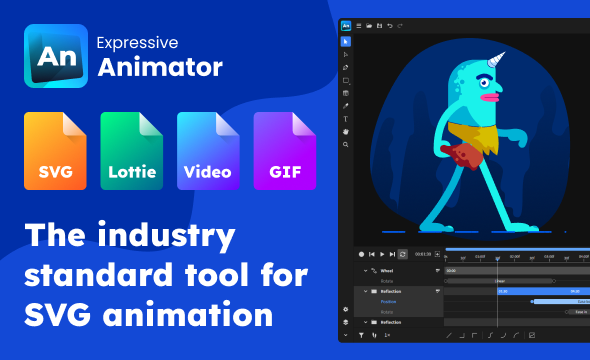Slots
Schema composition
The slots are a new way to create customizable JSON schemas. Slots are replaceable parts of a schema, and they are very similar to named slots in HTML. A slot must contain a valid JSON schema.
$slots keyword
This keyword is used to evaluate current slots, or their fallback if the slots are not provided
using the $inject keyword.
The value of this keyword must be an object, the property names represents slot names,
and the values contain fallback schema.
{
"$slots": {
"optional": true,
"required": false,
"alias": "slot-name",
"email": {
"type": "string",
"format": "email"
},
"some-ref": {
"$ref": "other-schema.json"
}
}
}
In the above schema we have five slots, named: optional, required, alias, email, and some-ref.
Schemas provided by injected slots named like so are evaluated.
If, for example, the slot email is not injected, the schema
that will be evaluated is
{
"type": "string",
"format": "email"
}
If the slot other-slot-name is injected, his schema is not evaluated because that name is not
present in $slots object.
Other things to note:
- if the fallback value of a slot is
true- the slot is optional (because boolean schema true validates any data) - if the fallback value of a slot is
false- the slot is required (because boolean schema false validates nothing) - if the fallback value of a slot is a string - the slot is resolved with the name extracted from value (alias)
$inject keyword
This keyword injects new slots into the current execution context,
and can only be used next to $ref keyword.
The value of this keyword must be an object, the property names represents slot names,
and the values must be valid JSON schemas.
{
"$ref": "other-schema.json",
"$inject": {
"mail": {"type": "string", "format": "email"},
"name": true
}
}
Examples
In this example we are trying to create a customizable user schema. Our user is very simple, contains only two properties: name and age. The name should be a string, and the age should be an integer >= 18. Something like this:
{
"$id": "http://example.com/user.json",
"type": "object",
"properties": {
"name": {
"type": "string"
},
"age": {
"type": "integer",
"minimum": 18
}
},
"required": ["name", "age"]
}
Now we want to allow extra validations for properties. So wa add some slots
{
"$id": "http://example.com/user.json",
"type": "object",
"properties": {
"name": {
"type": "string",
"$slots": {
"name-prop": true
}
},
"age": {
"type": "integer",
"$slots": {
"age-prop": {
"minimum": 18
}
}
}
},
"required": ["name", "age"]
}
The name property contains one slot named name-prop, the fallback is true
which means that the slot is optional.
The age property contains one slot named age-prop, the fallback is a schema that
checks if the value is at least 18 - this way we can override the minimum value.
If there are no slots injected, the name can be any string, and the age must be an integer >= 18.
Now, let’s inject some slots.
{
"$ref": "http://example.com/user.json",
"$inject": {
"name-prop": {
"minLength": 3,
"maxLength": 20
},
"age-prop": {
"minimum": 21,
"maximum": 65
}
}
}
| Input | Status |
|---|---|
{"name": "opis", "age": 50} |
valid |
{"name": "op", "age": 50} |
invalid - min length for name is 3 |
{"name": "opis", "age": 18} |
invalid - min age is 21 |

